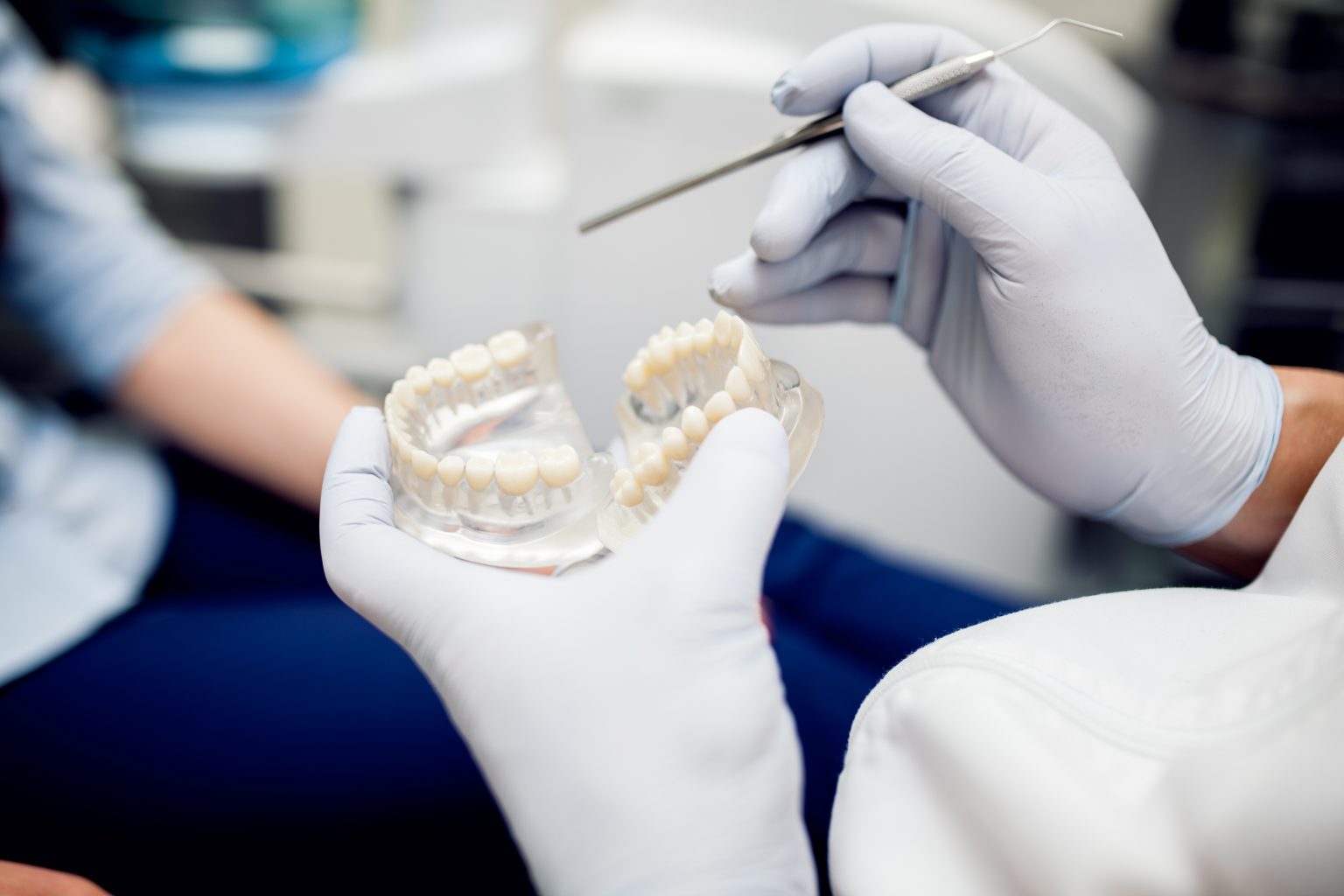Overview
In pediatric dentistry and oral surgery, oral sedation is frequently used because it provides a secure and efficient means of reducing young patients’ fear and discomfort. Knowing the advantages and procedures is essential for parents looking for solutions like oral sedation pediatric dentistry in their area. In order to shed light on oral sedation in pediatric dentistry and oral surgery, this handbook includes answers to often asked questions.
1. In pediatric dentistry, what is oral sedation?
In pediatric dentistry, oral sedation is the use of sedative drugs to assist kids unwind while having dental work done. Oral sedation keeps children awake but peaceful, in contrast to general anesthesia, which makes patients asleep. It is especially helpful for operations like dental extractions and fillings that could make people anxious.
2. What Advantages Does Oral Sedation Offer Kids?
There are various advantages of oral sedation:
- Anxiety Reduction: It makes children’s dental visits more enjoyable by reducing their fear and anxiety.
- Enhanced Cooperation: Children under sedation are frequently more cooperative throughout procedures, which can result in faster and more efficient treatments.
- Pain management: By lessening the sense of pain, sedation might make the procedure more comfortable.
3. How Do You Give Oral Sedation?
Oral sedation is usually administered at a pediatric dentistry practice as a liquid drug that the child drinks. Based on the child’s weight and the intricacy of the surgery, the dentist will recommend the right dosage. Pre-sedation guidelines, such as fasting prior to the appointment, should be followed by the child’s parents.
4. Can Kids Safely Take Oral Sedation?
Yes, when given by a licensed pediatric dentist, oral sedation is usually safe for kids. Before suggesting sedation, dentists will perform a comprehensive evaluation of the child’s medical history and any underlying issues. The child’s stability throughout the procedure is guaranteed by monitoring.
5. What Can I anticipate following oral sedation?
As the sedative wears off after the treatment, kids could feel sleepy or a little confused. Parents must keep an eye on their kids for a few hours to make sure they get enough sleep and drink enough water. Temporary side effects, such nausea, are possible for some kids, although they normally go away fast.
6. How About Sedation for Oral Surgeons?
Similar sedation is used by oral surgeons, however they may perform more involved procedures including jaw surgery or wisdom tooth extraction. In these situations, sedation can be given orally, intravenously (IV), or by inhalation. The patient’s requirements and the intricacy of the surgery determine the type of sedation used.
7. How Can I Locate Pediatric Dentistry in My Area That Offers Oral Sedation?
Take into consideration the following actions to locate pediatric dentists who provide oral sedation:
- Request Recommendations: Ask your friends or pediatrician for reliable recommendations.
- Look Up Online: Search for “oral sedation pediatric dentistry near me” using search engines, then hunt for certified professionals through regional dental groups.
- Examine reviews: Examine patient endorsements and reviews to determine the caliber of treatment that particular dentists offer.
In summary
In pediatric dentistry and oral surgery, oral sedation is essential because it makes dental operations more comfortable for kids. Parents’ worries about their child’s dental health can be allayed if they know where to obtain oral sedation pediatric dentistry in their area and are aware of the procedures involved. Always get advice from a licensed dentist to determine the best sedation choices for your child’s requirements.

